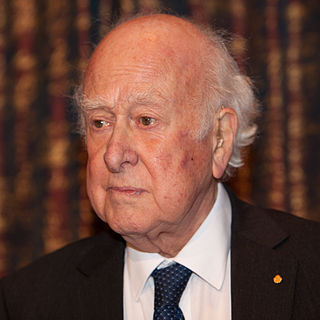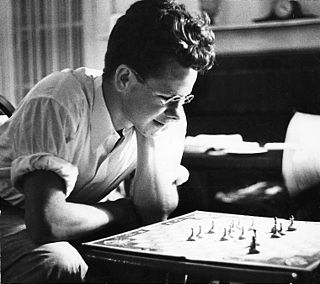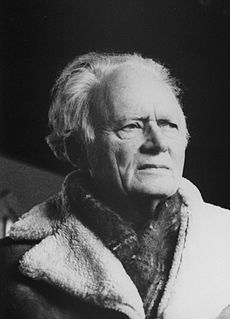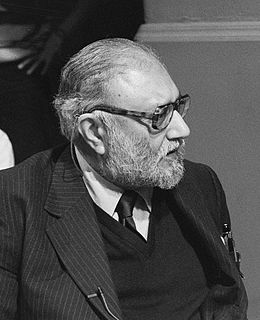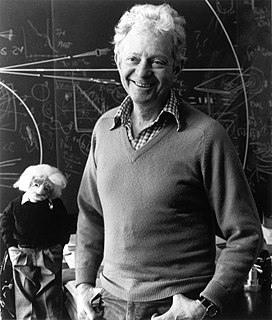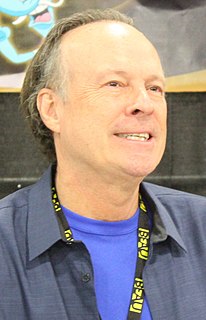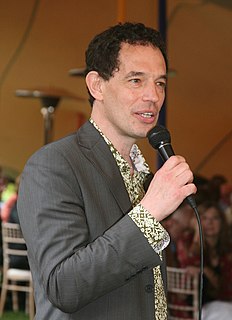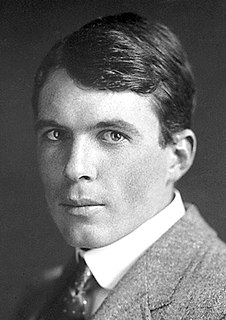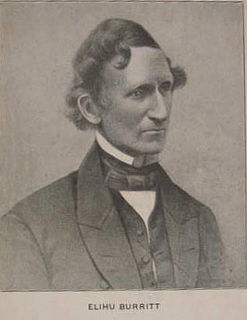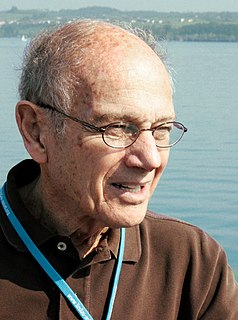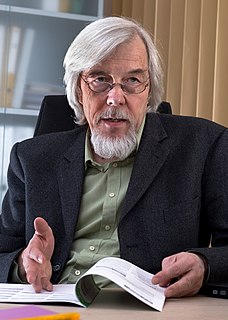Top 1200 Particle Physics Quotes & Sayings
Explore popular Particle Physics quotes.
Last updated on April 14, 2025.
In a small lab, if you make a mistake, you can go in the next day and fix it. But here, when you are committed to spending a hundred thousand or a million dollars, you can't fix it later. You need to have a system of checks and balances internally. In particle physics, that's just part of the structure.
When I began my physical studies [in Munich in 1874] and sought advice from my venerable teacher Philipp von Jolly...he portrayed to me physics as a highly developed, almost fully matured science...Possibly in one or another nook there would perhaps be a dust particle or a small bubble to be examined and classified, but the system as a whole stood there fairly secured, and theoretical physics approached visibly that degree of perfection which, for example, geometry has had already for centuries.
The biggest questions that always have perplexed me are "Where do I come from?" and "Where am I going?" The "Where do I come from?" question, which I think I largely am answering now, is about what quantum physics teaches us. If you try to find your source, you are not going to find it in a tiny little particle that began with your parents commingling.
The importance of group theory was emphasized very recently when some physicists using group theory predicted the existence of a particle that had never been observed before, and described the properties it should have. Later experiments proved that this particle really exists and has those properties.
My main interest is the problem of the singularity. If we can't understand what happened at the singularity we came out of, then we don't seem to have any understanding of the laws of particle physics. I'd be very happy just to understand the last singularity and leave the other ones to future generations.
When I was in college, I didn't like physics a lot, and I really wasn't very good at physics. And there were a lot of people around me who were really good at physics: I mean, scary good at physics. And they weren't much help to me, because I would say, 'How do you do this?' They'd say, 'Well, the answer's obvious.'
It is true that physics gives a wonderful training in precise, logical thinking-about physics. It really does depend upon accurate reproducible experiments, and upon framing hypotheses with the greatest possible freedom from dogmatic prejudice. And if these were the really important things in life, physics would be an essential study for everybody.
It's becoming clear that in a sense the cosmos provides the only laboratory where sufficiently extreme conditions are ever achieved to test new ideas on particle physics. The energies in the Big Bang were far higher than we can ever achieve on Earth. So by looking at evidence for the Big Bang, and by studying things like neutron stars, we are in effect learning something about fundamental physics.
I studied physics at Princeton when I was a college student, and my initial intention was to major in it but to also be a writer. What I discovered, because it was a very high-powered physics program with its own fusion reactor, was that to keep up with my fellow students in that program I would need to dedicate myself to math and physics all the time and let writing go. And I couldn't let writing go, so I let physics go and became a science fan and a storyteller.
It seems that every practitioner of physics has had to wonder at some point why mathematics and physics have come to be so closely entwined. Opinions vary on the answer. ..Bertrand Russell acknowledged..'Physics is mathematical not because we know so much about the physical world, but because we know so little.' ..Mathematics may be indispensable to physics, but it obviously does not constitute physics.
The world of science lives fairly comfortably with paradox. We know that light is a wave, and also that light is a particle. The discoveries made in the infinitely small world of particle physics indicate randomness and chance, and I do not find it any more difficult to live with the paradox of a universe of randomness and chance and a universe of pattern and purpose than I do with light as a wave and light as a particle. Living with contradiction is nothing new to the human being.
We have reached a milestone in our understanding of nature. The discovery of a particle consistent with the Higgs boson opens the way to more detailed studies, requiring larger statistics, which will pin down the new particle's properties, and is likely to shed light on other mysteries of our universe.



